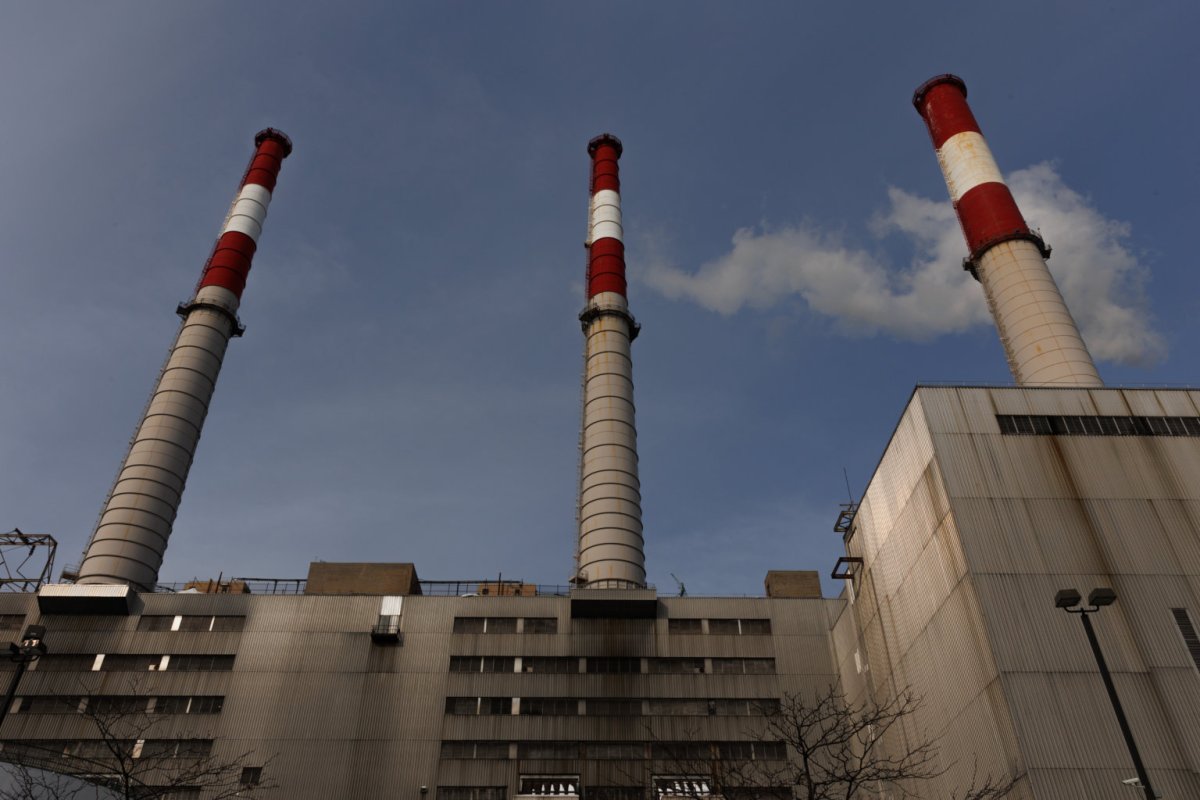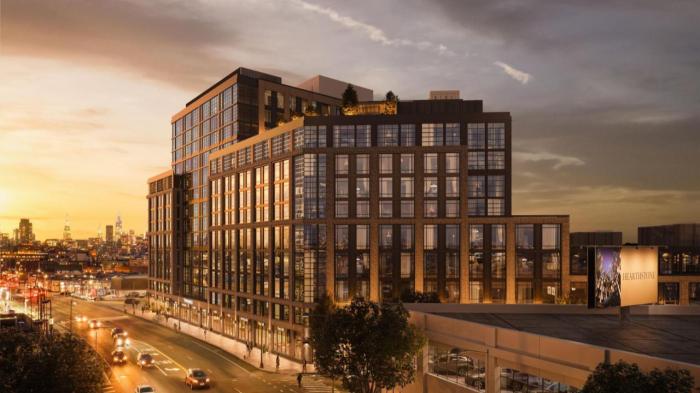The Astoria community has shown an outpouring of support after the green energy project, Champlain Hudson Power Express (CHPE), was approved by the New York State Public Service Commission last month.
With the contract approved, CHPE will start construction to deliver 1,250 megawatts of clean and renewable hydropower to New York City by 2025. CHPE is a state project that will reduce the state’s dependence on fossil fuels by 25% by linking the Montreal area to Astoria through an underground and underwater transmission line spanning 339 miles. This project will also push New York toward its ambitious goal to cut greenhouse gas emissions by 85% by 2050.
Community leaders, activists and local businesses have rallied in support of this project since it will drastically improve the air quality and overall health of the area. Jonathan Forgash, the executive director of Queens Together — a community organization dedicated to uplifting the restaurant community — said that CHPE is going to make Astoria a much better place to live.
“From our son’s bedroom window, we see the smokestacks at Ravenswood power plant,” Forgash said. “Peaker plants are some of the filthiest, dirtiest power plants. If you live here, it’s so obvious that Astoria is the power-generating, filthy hub of New York City. Astoria isn’t the prettiest place, but we have amazing families, safety and schools, but also we get the filthy pollution-filled air. In a few years, to be able to lower that by 25% is incredible.”
According to the U.S. Environmental Protection Agency (EPA), the Ravenswood Generating Station emitted nearly 3,000 metric tons of carbon dioxide and 0.06 metric tons of methane in 2020. The total population within three miles of the plant is 1,214,778, nearly half of which are people of color.
Queens County has an above-average rate of asthma, specifically in adults, with 9.3% affected compared to the national average of only 7%, according to the CDC. Northwestern Queens has been deemed “Asthma Alley” due to the disproportionately high rates of the disease.
This project is also favorable to locals and business owners because of the affordable energy it would bring. CHPE is projected to lower electricity costs throughout the state by over $17 billion over the first 25 years of operation.
Forgash said that lowering the cost of Con Edison bills, especially as they have been skyrocketing over the last few months, will make a huge difference for local businesses trying to survive.
“I think it’s really great that our small businesses and landlords will have access to lower-cost, fixed-rate, green energy for 25 years,” Forgash said. “Instead of getting price hikes, they’re looking at something more standardized like rent or mortgage or other bills when they’re doing their books every month.”
Recently, residents have claimed their Con Edison bills have increased by up to 300%. Darren Lawless, owner of Il Bambino, located at 34-08 31st Ave. in Astoria, said that his bill went up 60% in one month.
“Con Edison has very fluctuating rates,” Lawless said. “You can’t go from a $1,200 bill to a $2,000 bill and be using exactly the same energy. That’s going to be really difficult for businesses; it’s not going to be sustainable to pay that. Every time the Con Edison bill comes in the mail, you’re terrified to open it. That was a heart stopping moment when that bill came in, and every business owner in the neighborhood had the same reaction.”
The state’s approval of CHPE came after a yearlong process of review and a period of public comment, where close to 4,000 statements were collected.
“[This] vote is a win for New York and moves forward a project that will create thousands of in-state jobs, reduce harmful pollutants, and invest nearly $189 million in protecting our environment, our neighborhoods and our planet — all while delivering renewable, reliable power,” said Transmission Developers CEO Donald Jessome. “It is also a testament to forward-looking public officials who put forward bold clean energy targets and community leaders, environmental advocates, business and labor leaders, academics and New Yorkers who studied the project and voiced their support for it.”
The state’s first-of-its-kind renewable energy project is also expected to deliver up to $7.4 billion in overall societal benefits statewide and $8.2 billion in economic development, including investments in disadvantaged communities.



































